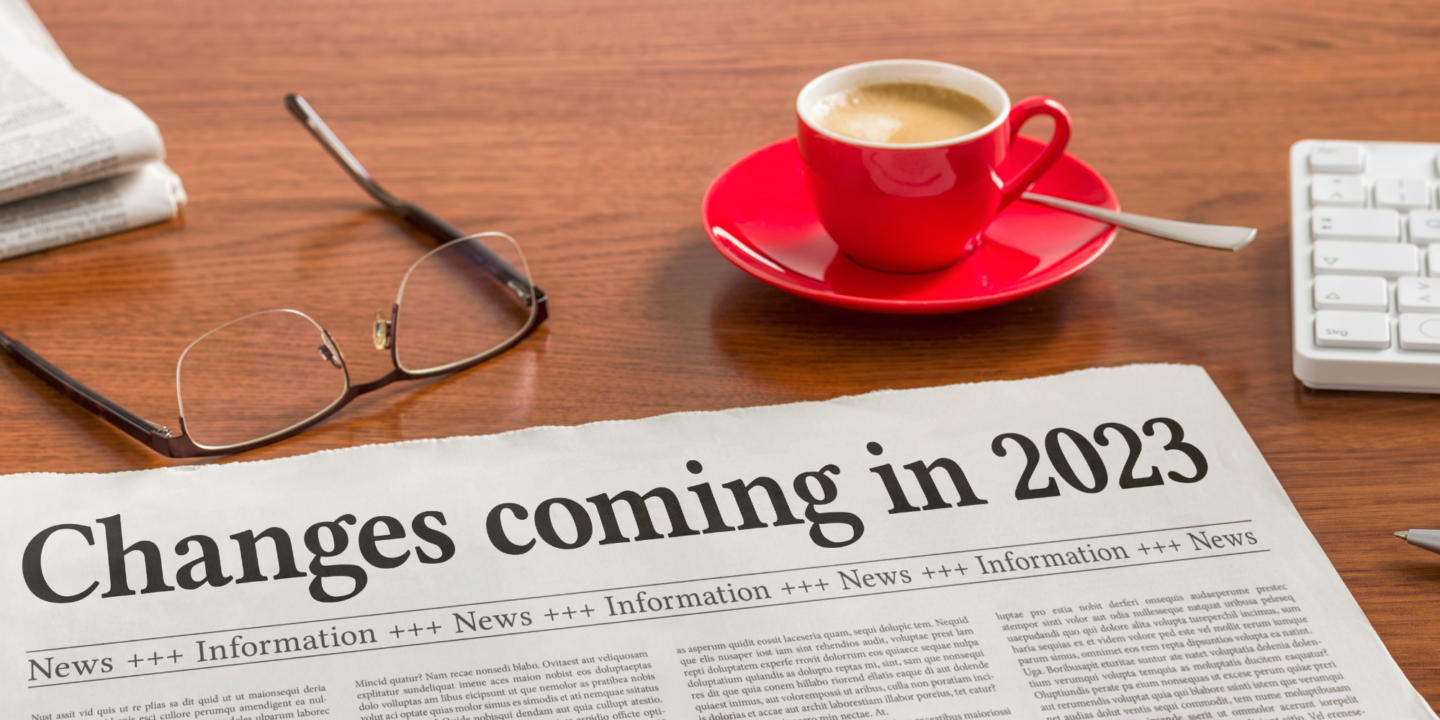- 6 Posts
- 4 Comments

 2·1 year ago
2·1 year ago@dax @squashkin The latest news describe what I said in this thread:
A lawyer for Twitter owner Elon Musk accused Microsoft of misusing the service’s data and demanded an audit from the software giant.
The letter primarily addresses a seemingly narrow set of alleged infractions by Microsoft in drawing information from Twitter’s database of tweets. But the move could foreshadow more serious developments. Musk has previously accused Microsoft and its partner OpenAI in a tweet of “illegally” using Twitter data to develop sophisticated AI systems such as ChatGPT.
The race for the next jackpot is on. Who, and how many of us, will benefit?

 7·1 year ago
7·1 year agoHere is an article about it.

 6·1 year ago
6·1 year agoBut I’m also allowed to want what I want too, which is why I won’t be joining team ban-computational-modeling
Absolutely. And I am absolutely joining the team ‘computational modeling’, too. I don’t reject this. What I say is that we might need different economic and legal models making sure that everyone can take advantage of this new tech rather than just a few.
To give a an example: If a tech company uses billions of data for free to train its model on but then claims the copyright for the result, it would certainly increase inequality. For example, a lot of photographers or writers wouldn’t earn much money anymore, as their work could just be ‘created’ by some AI.
So I don’t join the ‘ban-computational-modeling’ team, I just want to see that it is a technology for everyone. Otherwise we will see just a few more tech billionaires while the mass of people is paying the bill as it happened so often in human history.






How would such transformed economic structures look like?